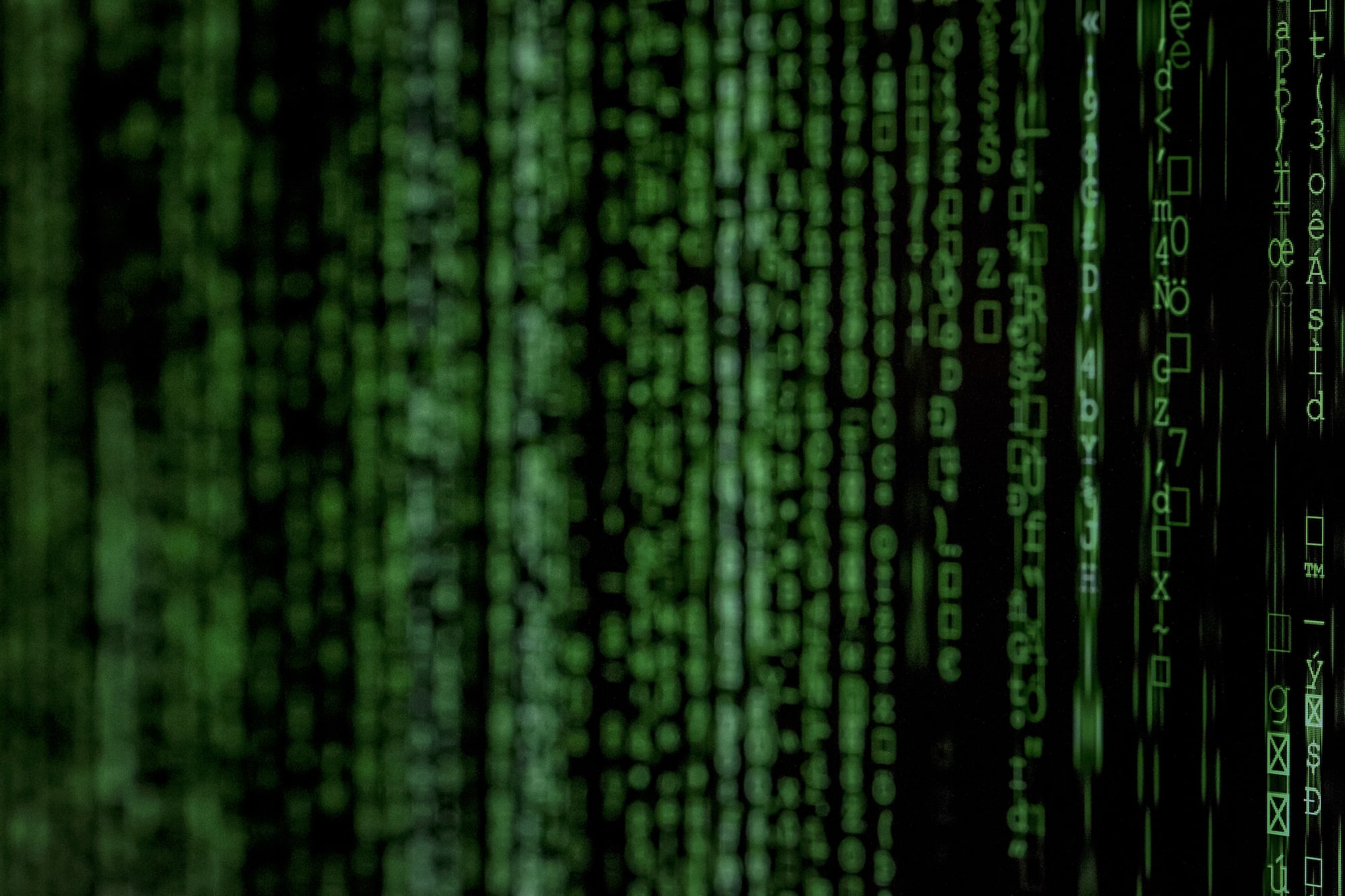In a jurisdiction’s legal framework, the prosecutor plays a vital and powerful role. This term refers to the legal representative of the government in criminal proceedings, responsible for presenting the case against the defendant.
An effective prosecutor is much more than an opponent for the accused. Their duty extends beyond gaining a conviction; their ultimate legal responsibility is to uphold justice, regardless of the case’s outcome. This emerges from the need to ensure that trials are conducted in a manner that satisfies the rule of law and maintains the integrity of the process.
When dealing with criminal cases, a prosecutor uses substantial resources and discretion. They decide whether or not to file charges, negotiate plea deals, and dictate which sentencing recommendations should be given to the judge. This expansive power paired with a unique perspective of cases, offers a prosecutor the authority to shape the administration of justice.
In court, the prosecutor navigates the legal framework, gathering and presenting evidence, examining and cross-examining witnesses, in order to effectively represent the interests of the public. Their fundamental objective is to demonstrate, without a reasonable doubt, that the accused is guilty of the charges.
However, the role of the prosecutor transcends the courtroom. They are also responsible for upholding the highest ethical standards. From controlling investigative procedures to maintaining confidentiality, the prosecutor is charged with the duty of preventing miscarriages of justice.
It’s important to understand that a prosecutor doesn’t only deal with offenders and alleged offenders. They spend a significant amount of their day communicating with victims and their families. Compassion and empathy are therefore core skills they must possess, in addition to their legal expertise.
Self-reflection is an integral aspect of a prosecutor’s role. The vast impact of their decisions necessitates constant consideration and reconsideration of their strategies and objectives. After all, their aim is not to win at all costs, but to ensure justice prevails.
The prosecutor’s role is undeniably challenging, requiring not only the mastery of legal concepts, but also the capability to balance the competing interests of the public, victims, and the rights of the accused. Their decisions influence individuals and communities, shaping society’s perception of justice and fairness within the legal sector.
The profession of prosecution requires a commitment to the ideals of justice, a sharp legal mind, the capacity to make difficult decisions under pressure, and the ability to communicate effectively. Even though the work is demanding, it is also exceptionally rewarding as it allows individuals to serve their community by upholding the rule of law.
Understanding the prosecutor’s role and responsibilities provides us with a clearer picture of the complexities of the legal system. It sheds light on how justice is pursued and maintained. Every day, working within the shadows of the law, they help to weave the fabric of our communal sense of justice.
So, what’s the answer? A prosecutor, it seems, is much more than a lawyer or a public servant. They are an emblem of justice in our society, diligently performing their duties while striking a consistently challenging balance.







